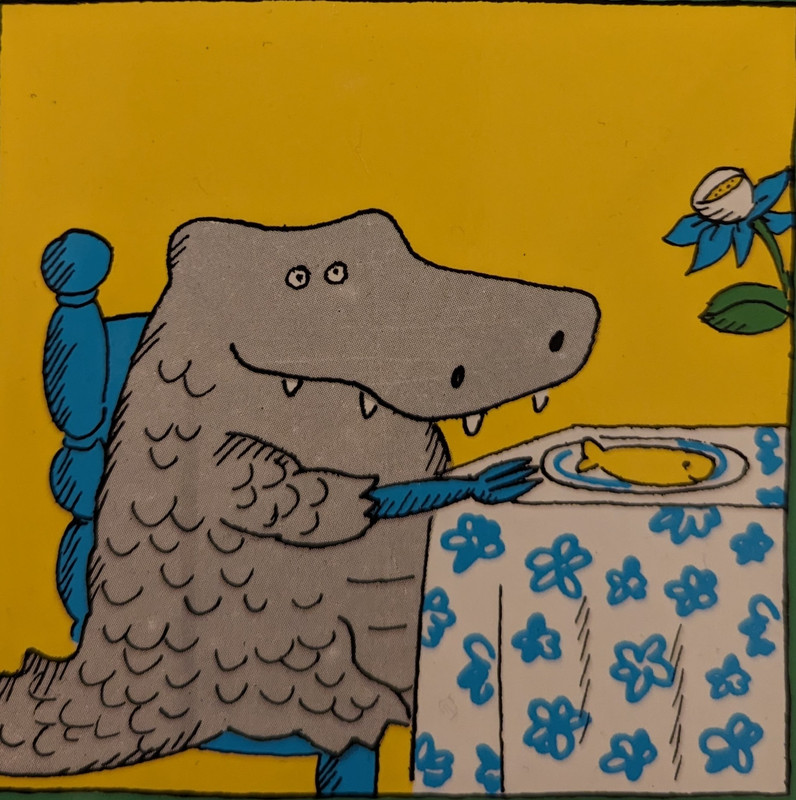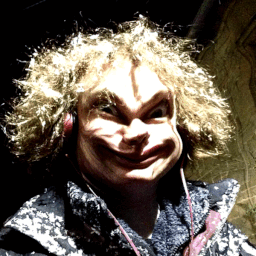- Welcome to Cook'd and Bomb'd.
-
 Trans Mania: Graham Linehan...
by PaulTMA
Trans Mania: Graham Linehan...
by PaulTMA
[Today at 12:52:36 AM] -
 Manor Lords - Medieval city...
by Cuellar
Manor Lords - Medieval city...
by Cuellar
[Today at 12:33:05 AM] -
 Perfect sub 1 minute songs...
by Ron Maels Moustache
Perfect sub 1 minute songs...
by Ron Maels Moustache
[Today at 12:31:38 AM] -
 Bits of British LE/low cultural...
by Blumf
Bits of British LE/low cultural...
by Blumf
[Today at 12:28:19 AM] -
 The second thread of your...
by machotrouts
The second thread of your...
by machotrouts
[Today at 12:27:27 AM] -
Your Spectrevision Feature... by McDead
[Today at 12:15:29 AM] -
 Richie Sunak - The Decline...
by idunnosomename
Richie Sunak - The Decline...
by idunnosomename
[Today at 12:08:28 AM] -
 I'm an artist therefore I...
by Ferris
I'm an artist therefore I...
by Ferris
[Today at 12:08:24 AM] -
 Is the forum very slow for...
by Ferris
Is the forum very slow for...
by Ferris
[Yesterday at 11:58:06 PM] -
 News at Ten incident with...
by Dimbleby
News at Ten incident with...
by Dimbleby
[Yesterday at 11:46:27 PM]
Members
 Total Members: 17,826
Total Members: 17,826 Latest: skinnylike
Latest: skinnylike
Stats
 Total Posts: 5,585,765
Total Posts: 5,585,765 Total Topics: 106,775
Total Topics: 106,775 Online Today: 885
Online Today: 885 Online Ever: 3,311
Online Ever: 3,311- (July 08, 2021, 03:14:41 AM)
Users Online
 Users: 52
Users: 52 Guests: 831
Guests: 831 Total: 883
Total: 883 neveragain
neveragain PaulTMA
PaulTMA Stone Cold Steve Austin
Stone Cold Steve Austin Oosp
Oosp JuggaloBoi420
JuggaloBoi420 Barney Sloane
Barney Sloane Psybro
Psybro thelittlemango
thelittlemango ZoyzaSorris
ZoyzaSorris Dr Funke
Dr Funke non capisco
non capisco Keebleman
Keebleman edwardfog
edwardfog Catalogue Trousers
Catalogue Trousers David Pielingtonburygrot
David Pielingtonburygrot Severai
Severai Holy Dread
Holy Dread mash
mash Black Emerald
Black Emerald Stoneage Dinosaurs
Stoneage Dinosaurs Memorex MP3
Memorex MP3 C_Larence
C_Larence mrapollo
mrapollo brebsy
brebsy ros vulgaris
ros vulgaris Caprilusa
Caprilusa DrGreggles
DrGreggles Ron Superior
Ron Superior Geraint
Geraint machotrouts
machotrouts Harry Badger
Harry Badger Underturd
Underturd Wentworth Smith
Wentworth Smith Percy Dovetonsils
Percy Dovetonsils CharlotteKartoffeln
CharlotteKartoffeln Deanjam
Deanjam Harpo Speaks
Harpo Speaks DreadedScotsman
DreadedScotsman DocDaneeka
DocDaneeka Ron Maels Moustache
Ron Maels Moustache earl_sleek
earl_sleek MrMealDeal
MrMealDeal Bronzy
Bronzy Cuellar
Cuellar bitpunk
bitpunkLes Glaneurs et La Glaneuse by Agnès Varda
Started by Smeraldina Rima, November 18, 2016, 11:57:34 AM
Previous topic - Next topic
User actions

